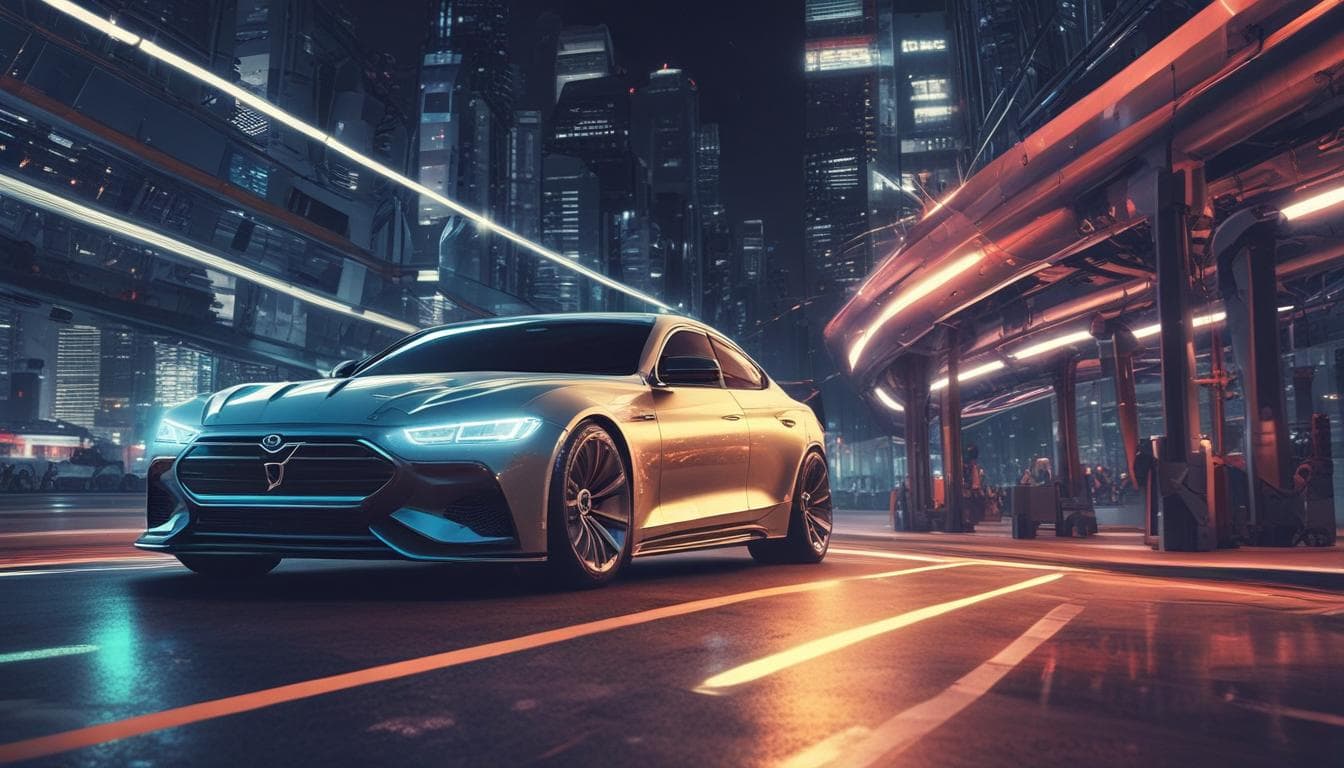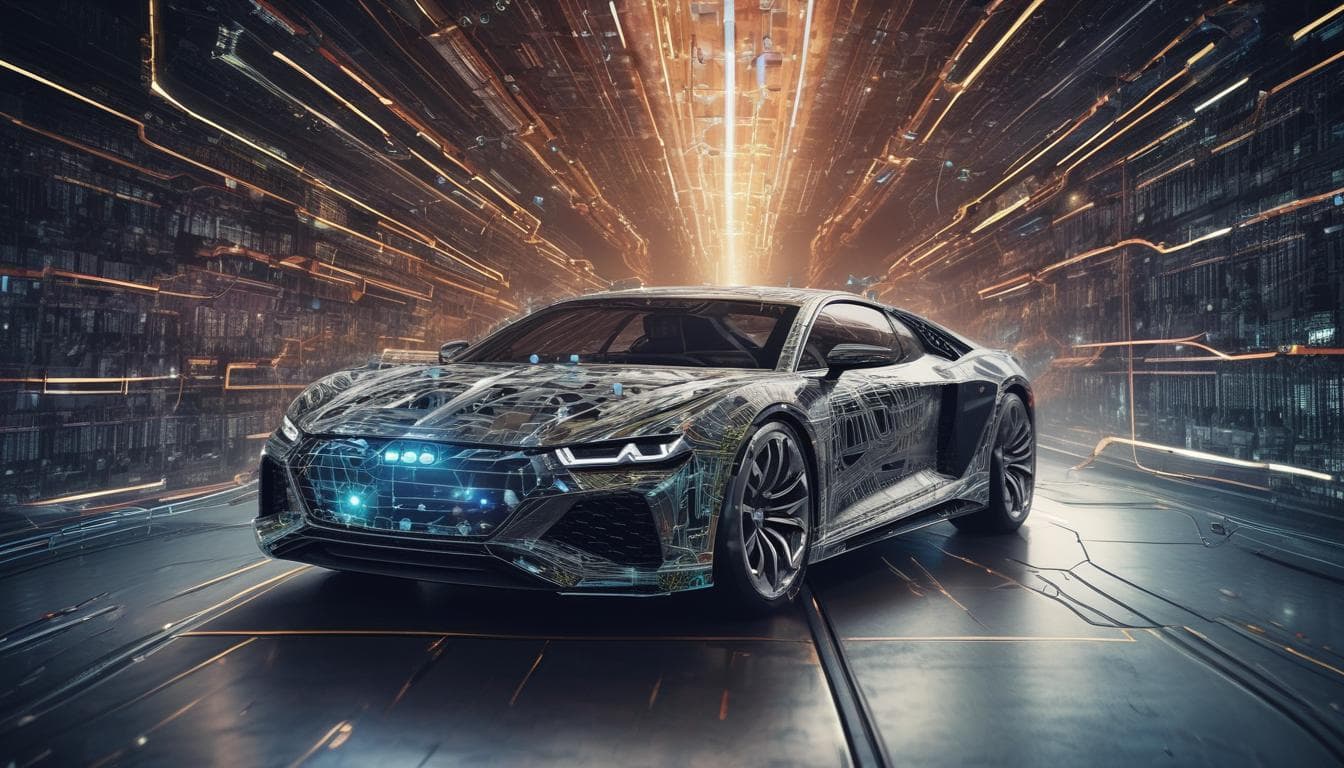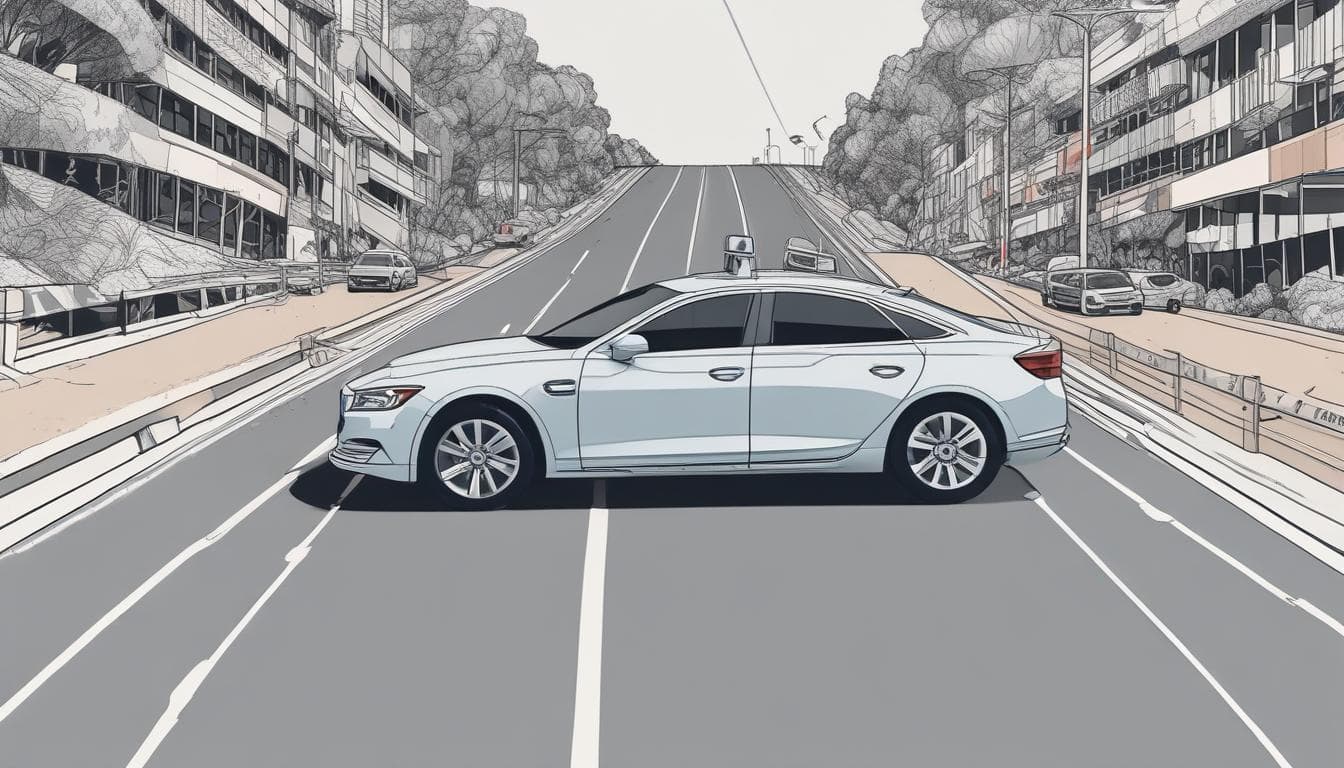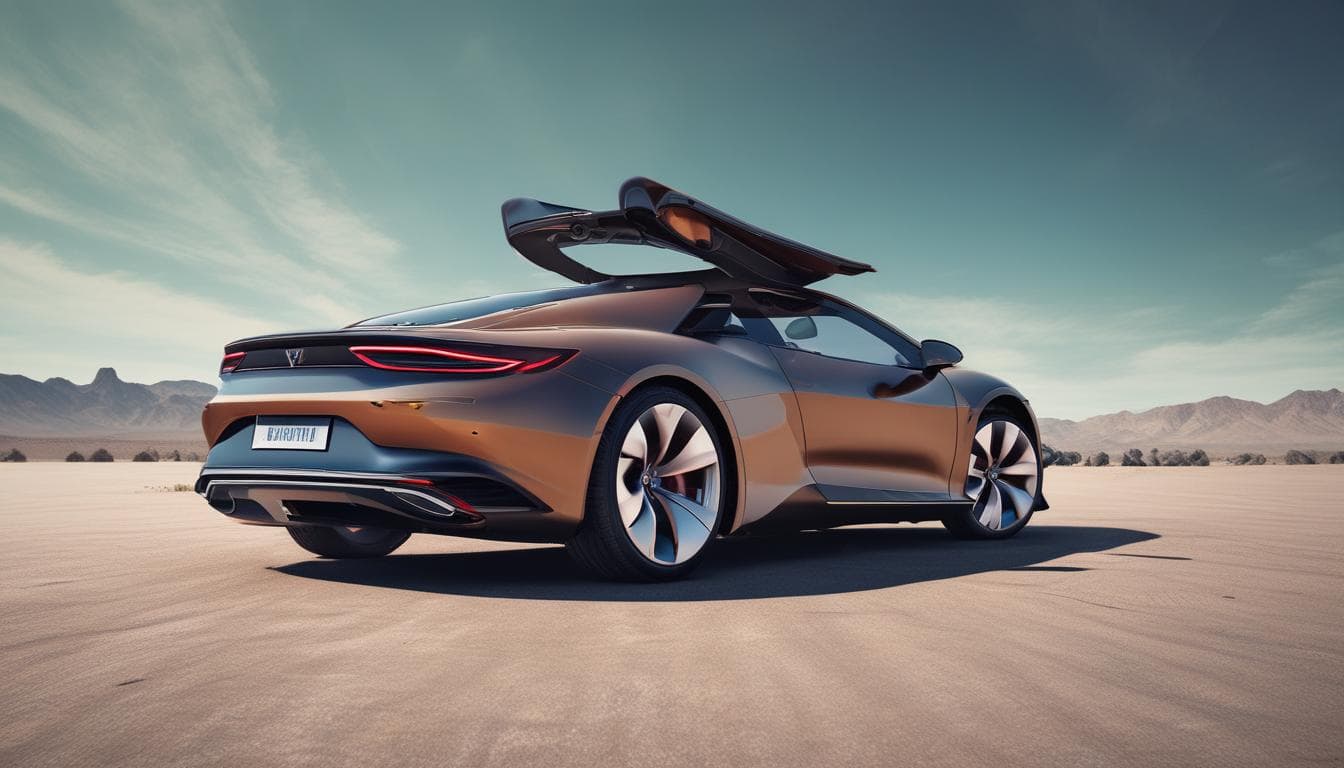Imagine a future where your vehicle isn't just a mode of transport but an active participant in your well-being, continuously monitoring your biometric data – from heart rate to stress levels – and subtly adjusting its environment, lighting, and even driving style to optimize your mood or focus. Beyond mere personalization, what ethical lines might be crossed when cars become 'emotional orchestrators,' and how could this profound level of influence reshape our relationship with driving and our very sense of self?
The concept of vehicles evolving into 'emotional orchestrators' that monitor biometric data and adapt their environment raises profound ethical questions. While advances in in-cabin sensing and AI-driven personalization—covered in articles on the vigilant vehicle and next-generation human-machine interfaces—promise to enhance comfort, they also pose risks related to privacy, consent, and psychological manipulation. For instance, continuous biometric monitoring requires stringent safeguards to prevent misuse or unauthorized data access.
Furthermore, the idea of cars subtly influencing mood or focus could blur the line between helpful assistance and emotional intrusion, potentially leading to dependency or emotional attachment that impacts autonomy. It's essential for industry stakeholders to establish clear ethical guidelines, transparency, and user control options.
This evolution could fundamentally reshape our relationship with driving—from a task to a deeply personal experience—and challenge our understanding of self-awareness and autonomy. As discussed in the future of personalized in-car experiences, ensuring these technologies serve users ethically will be vital in maintaining trust and safety in the age of smart, emotionally aware vehicles.
探索更多相关内容
加入讨论
- 未来十年,汽车将如何演变?会成为个性化移动生活空间吗?
探讨未来十年汽车是否会超越交通工具,演变成集移动办公室、娱乐中心、临时住所等功能于一体的个性化移动生活空间,以及这种变革对生活方式、城市规划和人际互动带来的影响。
- 如果汽车懂你:个性化驾驶体验的未来与挑战
如果汽车能够完全自主学习驾驶者的习惯、偏好甚至情绪,并相应地调整驾驶模式、座舱环境和交互方式,将会带来怎样的体验?这篇文章探讨了这种个性化定制的潜在便利和挑战,并思考如何在个性化与安全驾驶之间取得平衡。
- 未来十年,汽车将如何演变?从通勤工具到移动生活空间?
探讨未来十年汽车发展趋势,展望汽车从单纯的交通工具向个性化移动生活空间、移动办公室、娱乐中心等多功能角色转变的可能性,以及汽车与智能科技融合的未来。





